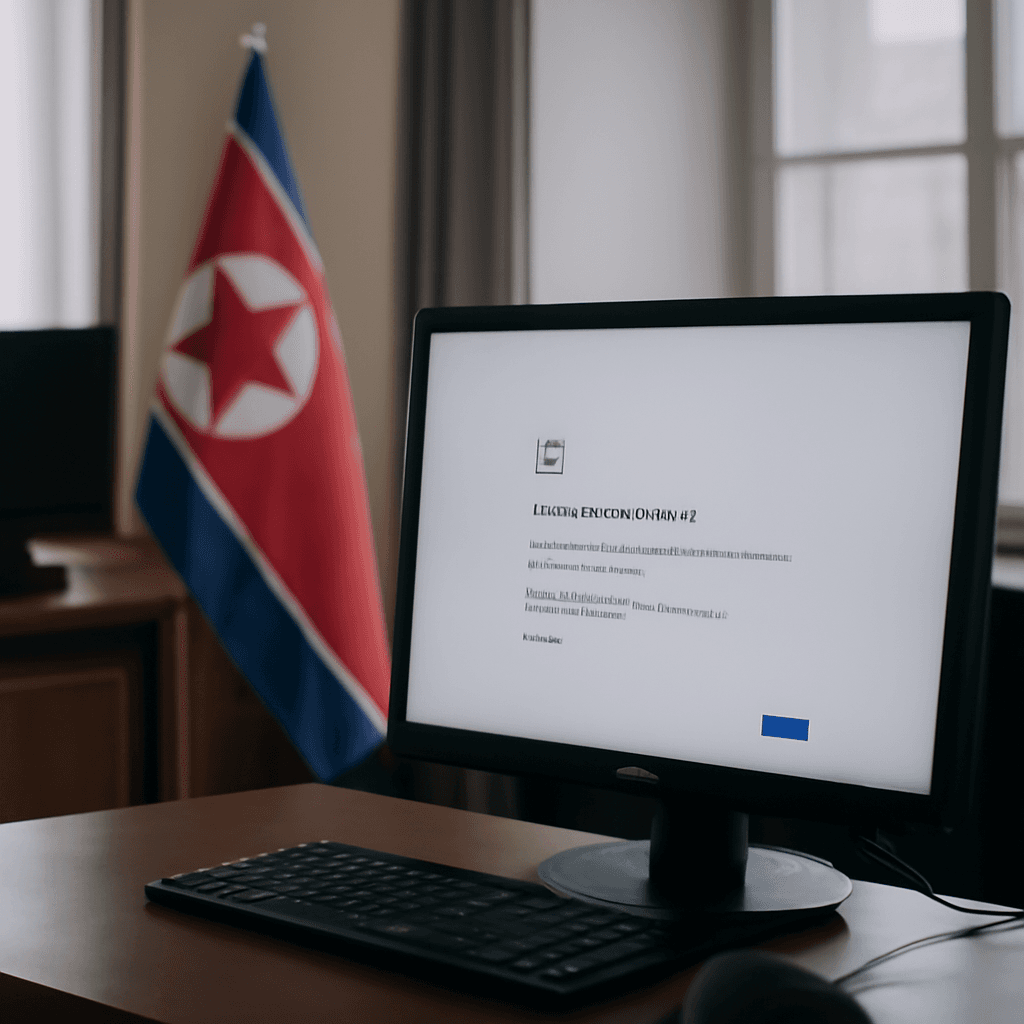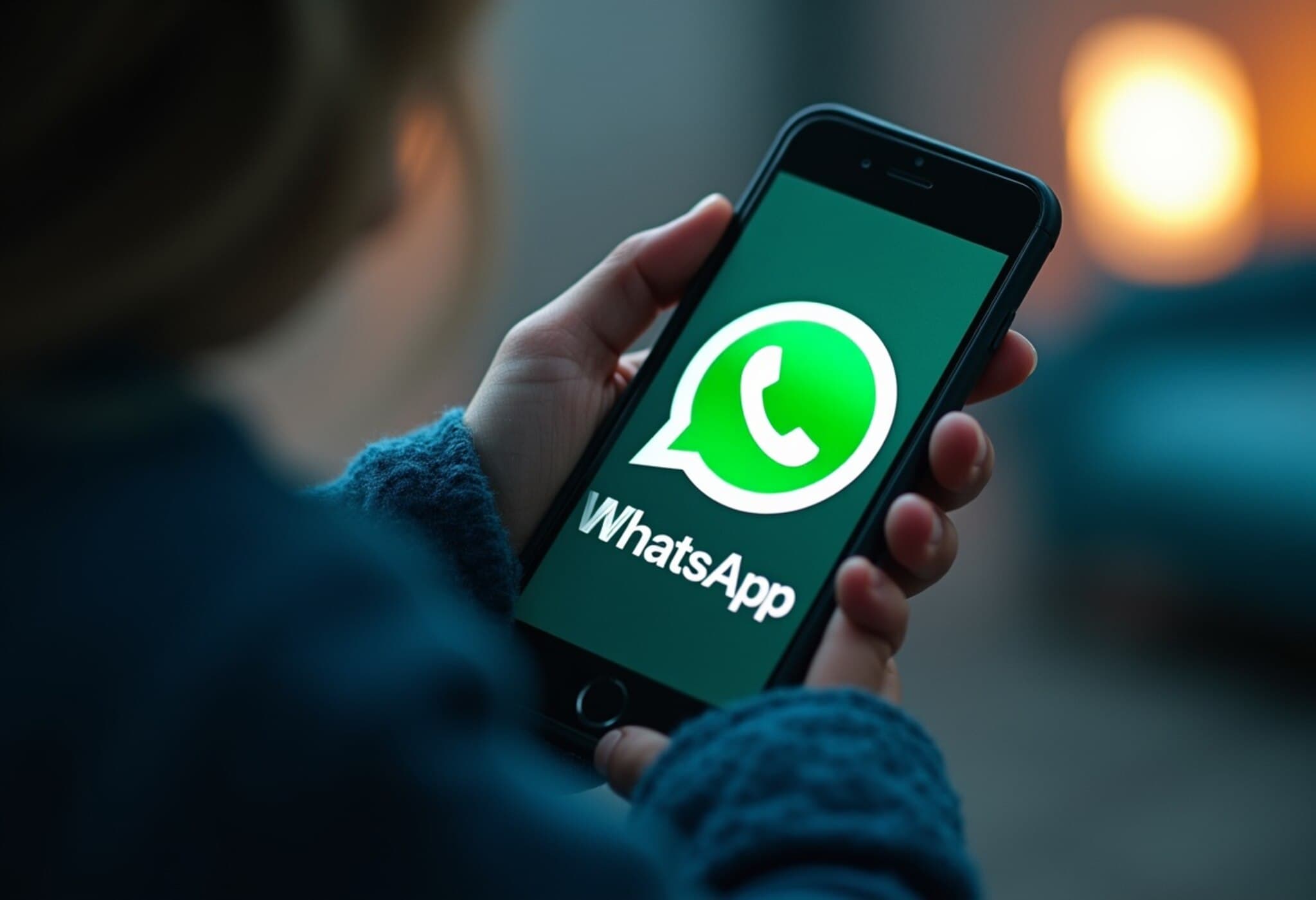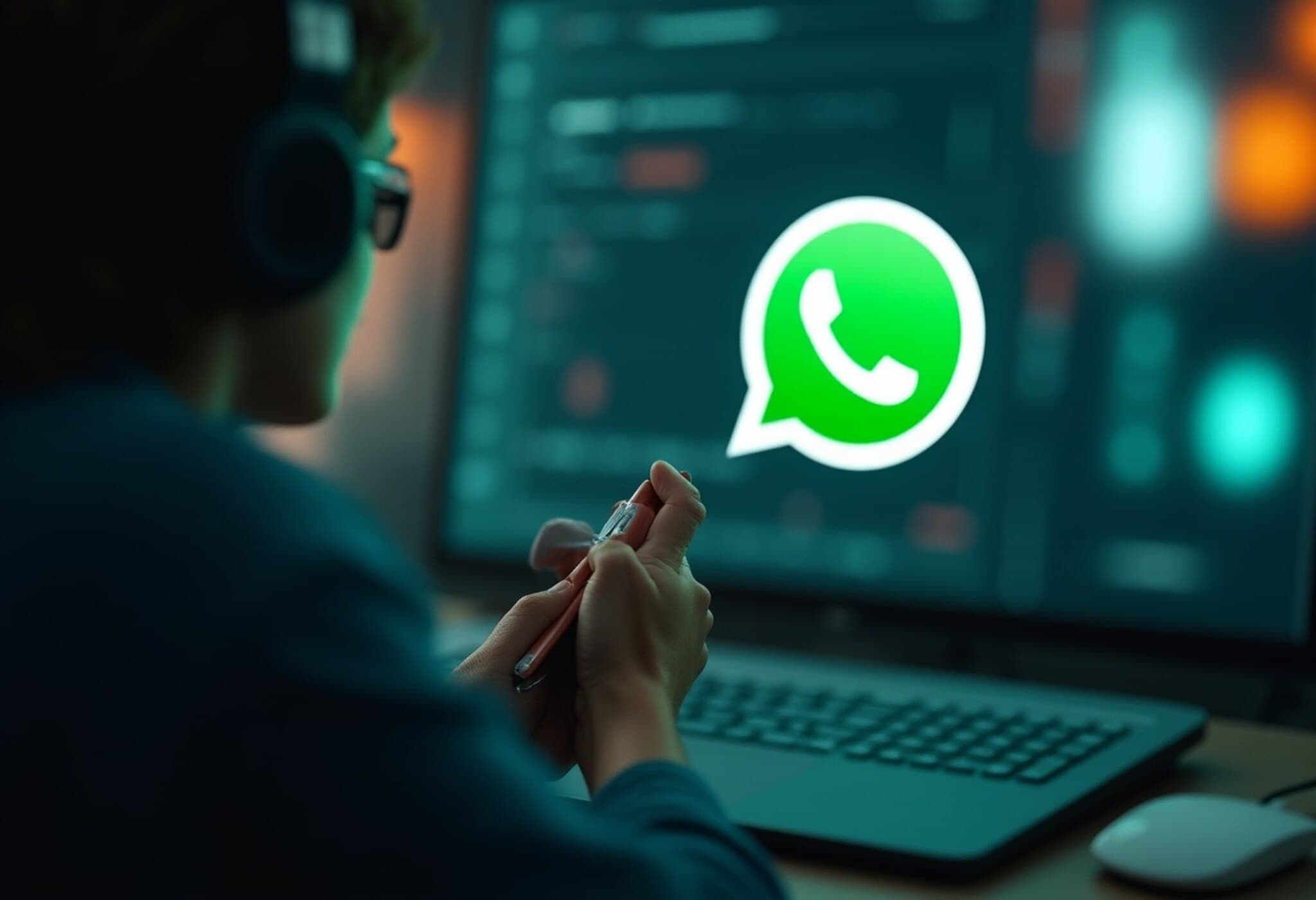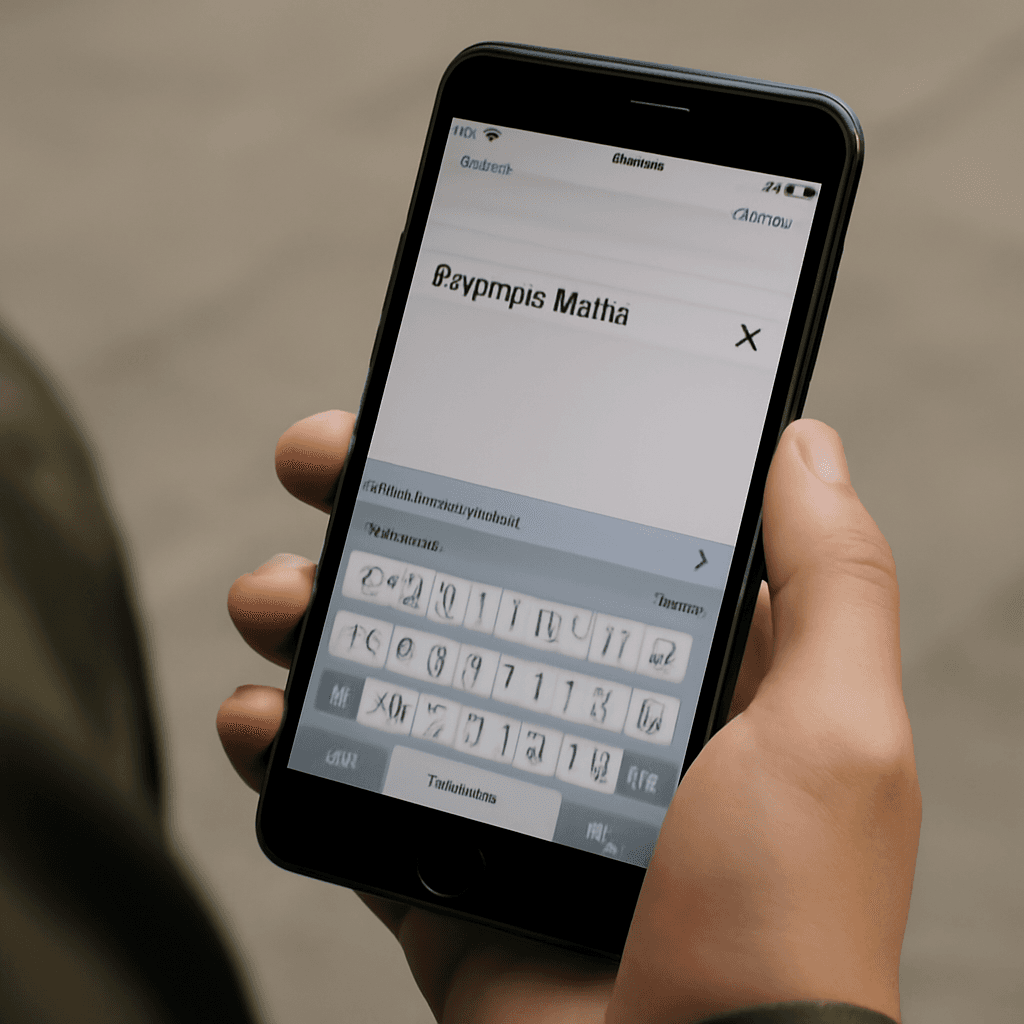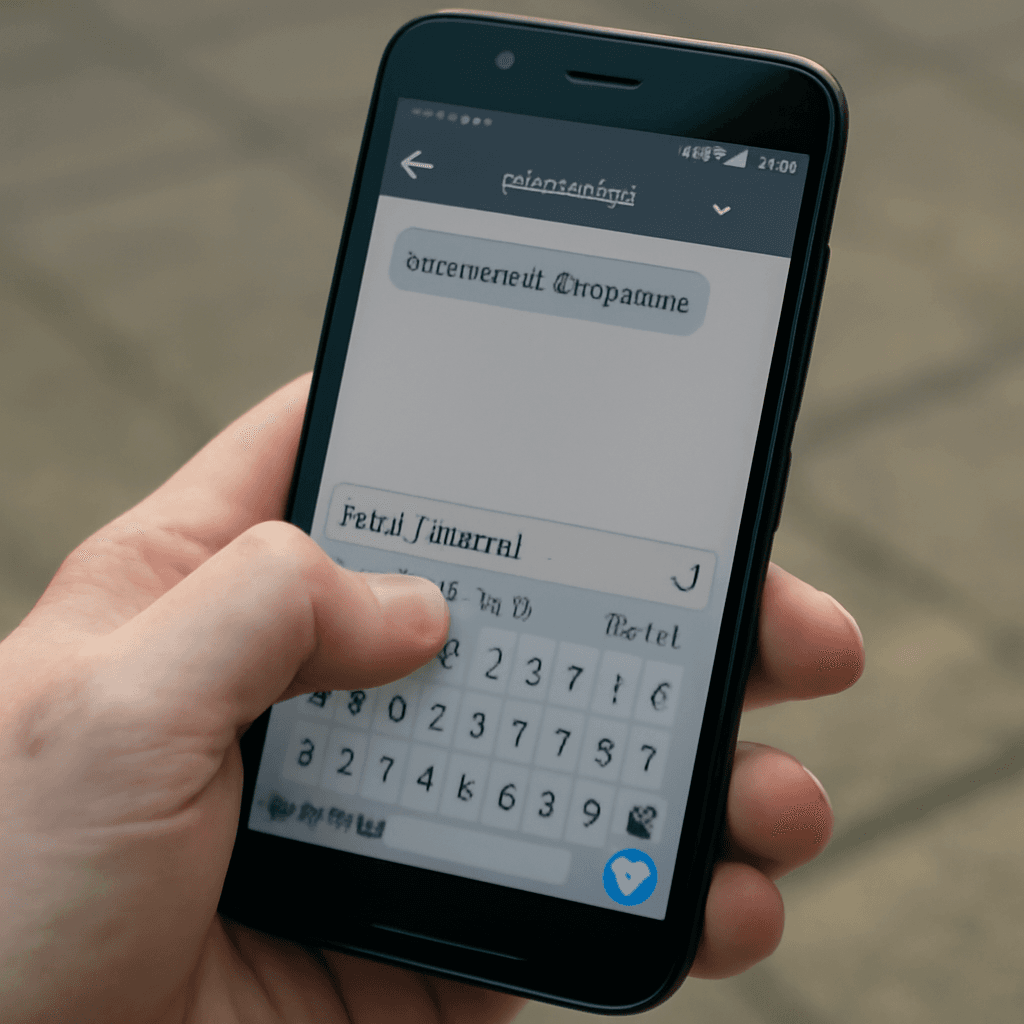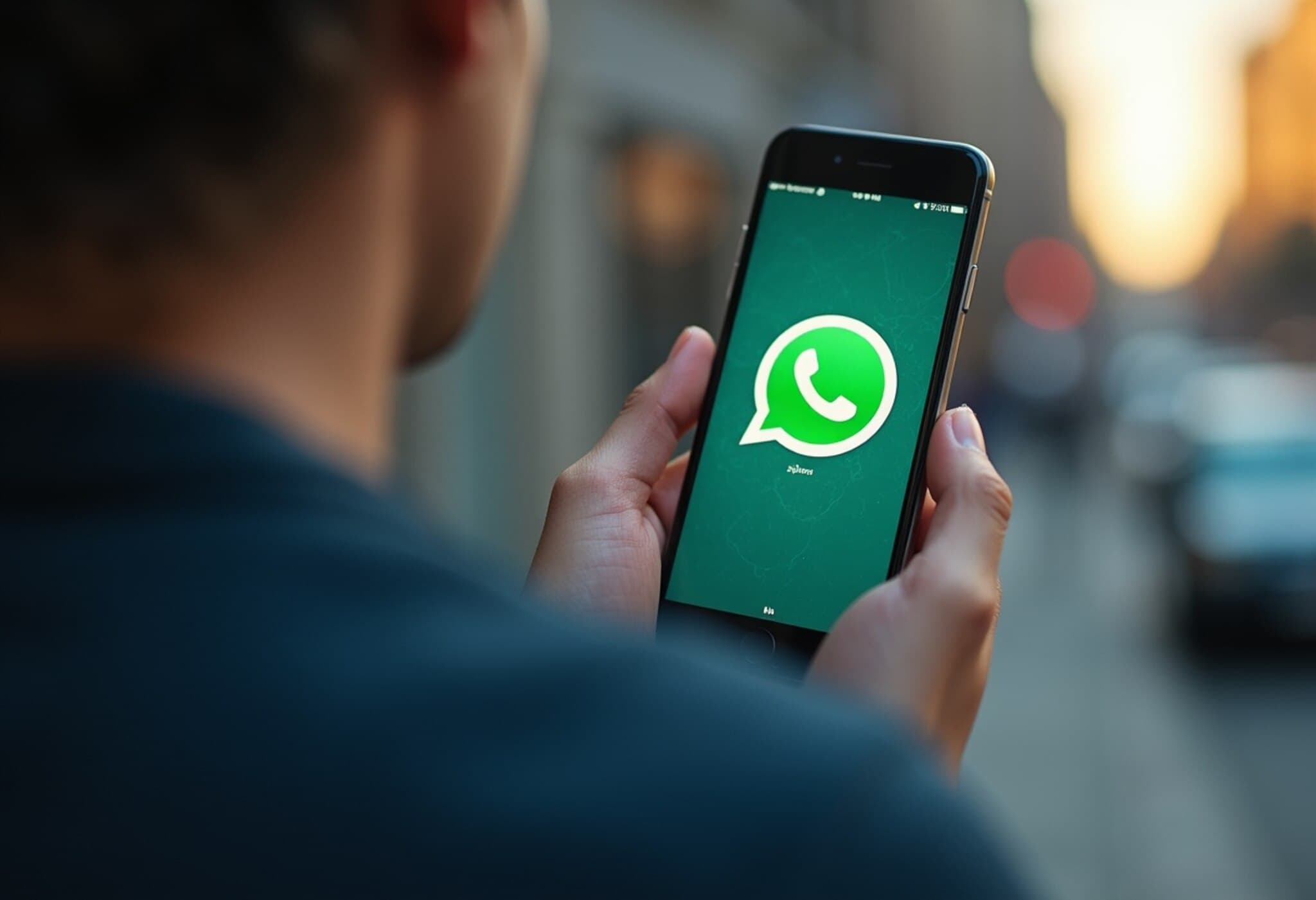Significant Internet Disruption Hits North Korea
North Korea experienced a widespread internet outage on Saturday that lasted several hours, causing interruptions to government websites, official news portals, and email services. The incident effectively isolated the reclusive nation from global cyber connectivity during this period.
Possible Internal Cause Behind the Outage
Investigations suggested the outage was likely due to internal network issues rather than external cyberattacks. Connections via China and Russia, key internet gateways for North Korea, were also affected, indicating a systemic problem within the country’s internet infrastructure.
Several critical sites, including North Korea’s Foreign Ministry, Air Koryo airline, and main official news services, were inaccessible initially, with gradual restorations observed by midday.
Expert Observations
- Monitoring systems detected the entire North Korean internet infrastructure offline.
- Email services across the nation were also disrupted.
- Specialists noted the simultaneous failure of Chinese and Russian connection points suggested an internal cause.
North Korea’s Controlled Internet Environment
Internet access in North Korea is among the world’s most tightly regulated. The general populace is restricted to a domestic intranet distinct from the global internet, while only a select group of government officials enjoys open global internet access.
Official online platforms primarily disseminate state propaganda aimed at external audiences. Despite these controls, North Korea has previously experienced major outages, some attributed to cyberattacks.
Cybersecurity Context and North Korea’s Hacker Groups
The country operates elite hacker units, notably the group known as Lazarus, linked to government intelligence. These entities have been implicated in cyberattacks, cryptocurrency thefts, and money laundering worldwide.
North Korea consistently denies involvement in these cybercrimes despite international accusations.
Summary of Key Facts
- Outage duration: Several hours on Saturday
- Affected services: Government websites, official news, Foreign Ministry, Air Koryo airline, email services
- Connectivity impact: Internet links via China and Russia lost simultaneously
- Likely cause: Internal network failure rather than external cyberattack

